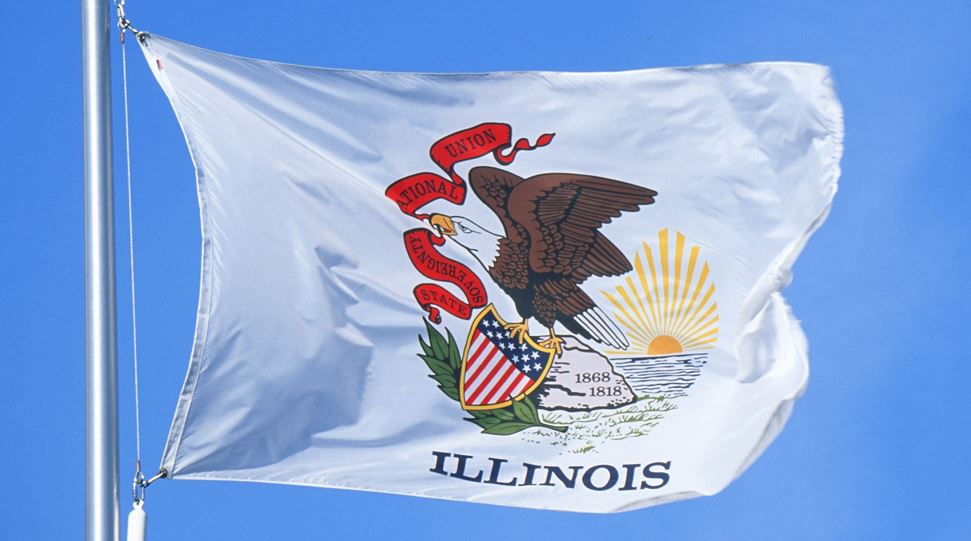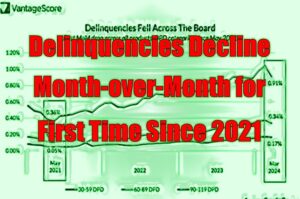
On April 14, 2020, the state of Illinois Department of Financial and Professional Regulation issued new guidance to state licensed consumer credit companies that they are referring to as “best practices” that they are “recommending” should be put into practice to help persons during the coronavirus pandemic. Much like Massachusetts, Texas and the district of Colombia, this guidance suggests the suspension of all collection activity, waiver of most fees and the copious offering of payment forbearances. One unique suggestion included, is the waiver of deficiency balances post voluntary repossession.
At the same time, Illinois Gov. J.B. Pritzker signed a separate executive order that suspends some remedies employed by judgment creditors in their efforts to collect unpaid debts.
During the Gubernatorial Disaster Proclamation and for the next several months after the term of the final Gubernatorial Disaster Proclamation, the Department recommends licensees follow the best practices described below to assist consumers impacted by the crisis:
– Increase communication with consumers and provide multiple, easily accessible methods for consumers to contact the business, especially if the business has altered operations due to COVID-19.
– Proactively reach out to consumers to offer payment options, including deferred or partial payments, which would avoid delinquencies and negative credit reporting.
– Waive all late charges and finance charges that might result from a payment deferment or partial payments.
– Waive non-sufficient funds fees for dishonored payments or unsuccessful ACH withdrawals.
– Consider suspension of debt collection efforts for consumers negatively impacted by COVID-19.
– Proactively reach out to customers on automatic payment plans and, upon request of the consumer, temporarily suspend these automatic repayment plans and place the consumer in forbearance without fees or interest.
– Proactively reach out to customers who have granted wage assignments and, upon the request of the consumer, revoke any wage assignment action and place the consumer in forbearance without fees or interest.
– Ensure sufficient staffing of customer service phone lines and alternative methods of providing customer service support.
– Give borrowers the option to voluntarily surrender collateral with no deficiency.
– To the extent legally permissible, use the already available natural disaster code and report the account as current or deferred.
Illinois now follows with what is expected to be a long line of similar guidance to come on a state by state basis in the coming days. While referring to them as suggestions and best practices, their intent is clear and failure to follow them will undoubtedly be looked upon unfavorably by state courts and the expectation by the public will be for full adherence.











Facebook Comments